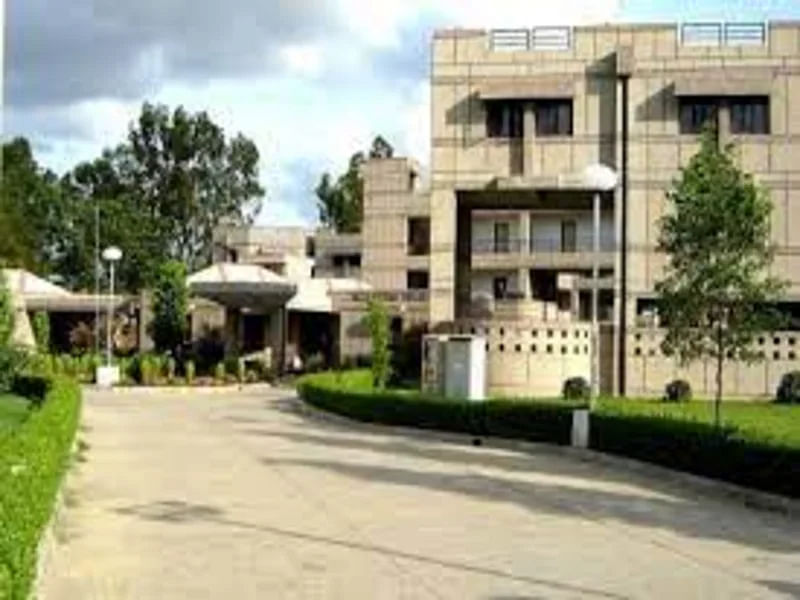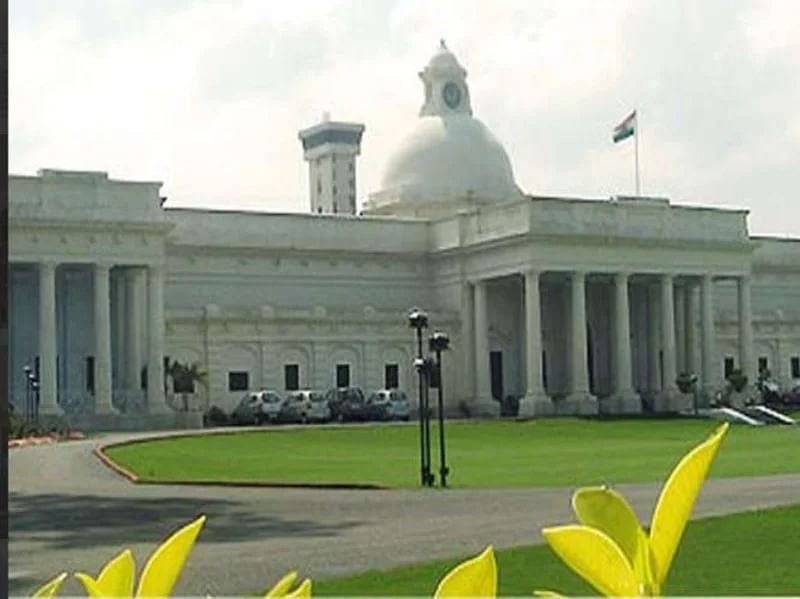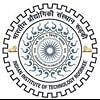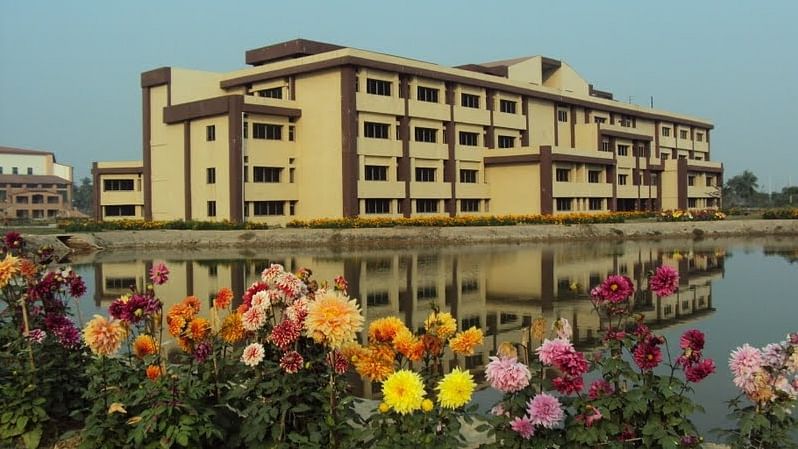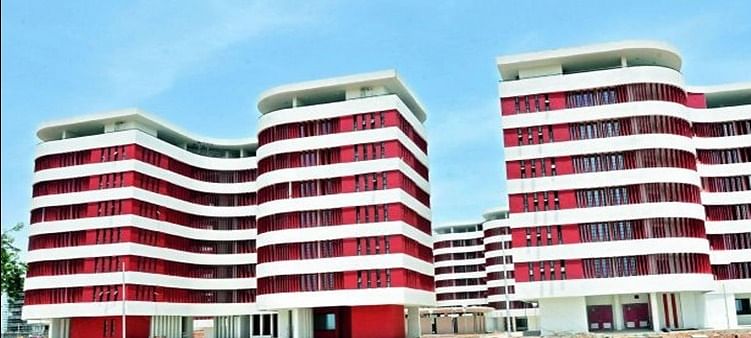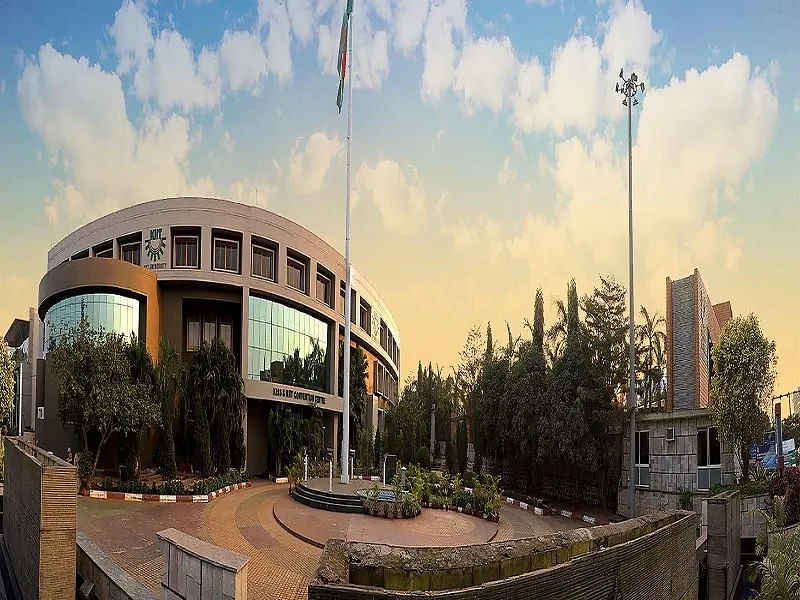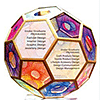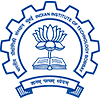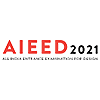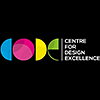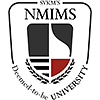M.Des Syllabus and Subjects

The M.Des syllabus spans 2 years and is divided into four semesters. The M.Des core subjects include design theory and methodology, product design, ergonomics, design research, entrepreneurial skills, etc. Students can also select elective subjects like plastic engineering, usability engineering, new media studies, automobile design, etc.
M.Des course helps students to develop technical skills related to proficiency in design software such as Adobe Creative Suite, prototyping skills using tools like Sketch, Figma, or Adobe XD, etc., which helps students to work as UX designer, graphic designer, product designer, etc.
Table of Contents
Semester-Wise M.Des Syllabus
The Master of Design syllabus is divided into core and elective subjects, design project, thesis phase 1 and phase 2, and final project. The table below represents the general outline of the M.Des general subjects list as semester-wise:
M.Des Syllabus First Year
M.Des 1st year syllabus focuses on fundamental concepts of design evolution, multimedia designs, methodologies, design theories, etc. The M.Des first year syllabus is detailed in the table below:
|
Semester I |
Semester II |
| Design History and Principles | Elements and Principles of Product Form |
| Ergonomics | Graphic Design Concept |
| Different Design Methods | Project Related to Design |
| Visual Interface/Principles | Elective-I |
| Communication Techniques for Designers | - |
M.Des Syllabus Second Year
M.Des 2nd year syllabus focuses on specialized topics like design semantics, product detailing, interaction design, etc., along with thesis and final project submission. The table below details the M.Des 2nd year subjects:
|
Semester III |
Semester IV |
| Elective-II | Elective-V |
| Elective-III | Seminar |
| Elective-IV | Final Project |
| Theiss Project-I | - |
M.Des Subjects List - Core & Electives
M.Des subjects comprise of design principles, typography, branding, sustainable design principles, urban design, landscape architecture, etc. M.Des syllabus subjects are generally divided into two categories such as core and elective subjects.
Core M.Des Subjects
Given below are the core M.Des subjects along with topics covered in each subject:
|
MDes Core Subjects |
Topics Covered |
| Design Introduction | Historical overview of the design, design philosophies, and theories, the evolution of design disciplines, etc. |
| Ergonomics | Human factors in design, anthropometrics, user-centered design, etc. |
| Design Methods | Design thinking process, problem-solving methodologies, prototyping and iteration, etc. |
| Visual Design Principles and Application | Principles of visual design (balance, contrast, unity), color theory, typography, layout, etc. |
| Form Studies | Exploration of three-dimensional form, sculptural studies, material exploration, etc. |
| Graphic Design Principles | Composition and layout in graphic design, branding, visual communication strategies, etc. |
| Communication Techniques for Designers | Verbal and visual communication skills, presentation techniques, storytelling in design, etc. |
| Elements and Principles of Product Form | Understanding product aesthetics, integration of form and function, design for manufacturing, etc. |
M.Des Electives Subjects
Listed below are some of the elective subjects along with topics covered in each:
|
MDes Elective Subjects |
Topics Covered |
| Lighting Design | Principles of Illumination, Human-Centric Lighting, Sustainable Lighting Design, Lighting Control Systems, Light and Color Psychology, etc. |
| Product Design Prototyping and Advanced Manufacturing Processes | Rapid Prototyping Techniques, Additive Manufacturing, Materials Selection for Prototyping, Advanced Tooling Technologies, Virtual Prototyping, Digital Twin Technologies, etc. |
| Plastics Engineering | Polymer Chemistry, Biodegradable Polymers, Plastic Recycling Technologies, Quality Assurance in Plastic Manufacturing, Advanced Polymer Blends, etc. |
| Mechatronics and Manufacturing Automation | PLC Programming, Robotics in Manufacturing, Machine Vision Systems, Adaptive Control Systems, 8. Smart Manufacturing, Collaborative Robotics, etc. |
| Interaction Design | User-Centered Design, User Interface (UI) Design, User Experience (UX) Design, Prototyping for Interaction, Design Thinking, Multi-platform Design, etc. |
| New Media Studies | Digital Storytelling, Social Media and Design, Interactive Media Art, Transmedia Narratives, Emerging Technologies in Media, Media and Cultural Studies, etc. |
| Design Semantics | Semiotics in Design, Cultural and Symbolic Meaning in Design, Branding and Semiotics, Ethical Design Communication, etc. |
| Automobile Design | Automotive Ergonomics, Vehicle Dynamics, Advanced Materials in Automotive, Autonomous Vehicle Design, Safety Systems in Automotive, etc. |
| Creativity Innovation and Design Management | Design Thinking Processes, Innovation Management, Business Model Innovation, Design Strategy, 8. Design Entrepreneurship, etc. |
| Environment and Experiential Design | Sustainable Design Practices, Environmental Psychology, Experiential Design Principles, Green Architecture, Ecological Urban Planning, etc. |
| Systems Analysis and Information Design | Information Systems Modeling, Human-Computer Interaction, Information Architecture, Usability Engineering, 8. Cybersecurity in Design, etc. |
| Computer Integrated Manufacturing | CIM Technologies, Digital Factory, CNC Programming, Manufacturing Execution Systems (MES), Industrial IoT in Manufacturing, etc. |
| Computer Aided Engineering Design | CAD Software Applications, Geometric Dimensioning and Tolerancing (GD&T), Product Lifecycle Management (PLM), 3D Printing in Engineering Design, etc. |
Specialisation Wise MDes Syllabus
M.Des course is a two masters course that helps students to learn about the core areas of design and offers several specializations related to the field. Given below is the M.Des subject list for various specialization courses.
|
MDes Specialization |
M.Des Subjects Covered |
| M.Des Graphic Design |
|
| M.Des Communication Design |
|
| M.Des Industrial Design |
|
| M.Des Fashion Design |
|
| M.Des Interior Design |
|
| M.Des Product Design |
|
College Wise Master of Design Syllabus
College-wise M.Des syllabi from institutions across India encompass a broad spectrum of commerce subjects, enabling students to develop a solid understanding of design principles and methods.
M.Des syllabus pdf can be downloaded from the official website of the colleges. However, listed below in the following sections is a semester-wise breakdown of the MDes syllabus for some of the best colleges in India.
IIT Hyderabad MDes Syllabus
IIT Hyderabad MDes syllabus focuses on training students in training in relevant design software and tools like Adobe Suite, Photoshop, etc. Listed below is the M.Des syllabus for IIT Hyderabad:
|
Semester I |
Semester II |
| Design Drawing | Elective-1 |
| Design Fundamentals | Elective-2 |
| Design History | Elective-3 |
| Industrial Designer Ergonomics | Elective-4 |
| Prototyping and Product Design | - |
| English | - |
| Design Methodology and Process | - |
|
Semester III |
Semester IV |
| Seminar on Design Research | Final Project |
| Project 1 | - |
| Project 2 | - |
| Developing Entrepreneurial Skills | - |
| Internship | - |
Read More: IIT Hyderabad M.Des
IIT Guwahati MDes Syllabus
IIT Guwahati MDes syllabus covers fundamental aspects of industrial design, communication design, interaction design, etc. The semester wise syllabus of MDes offered at IIT Guwahati is detailed in the table below:
|
Semester I |
Semester II |
| Design Principles Introduction | Graphic Design Fundamentals |
| Different Design Methods | Form Studies |
| Ergonomics | Elective-I |
| Visual Design Principles | Design Project |
|
Semester III |
Semester IV |
| Elective-II | Elective-V |
| Elective-III | Phase 2 Thesis Project |
| Elective-IV | - |
| Phase 1 Thesis Project | - |
Read More: IIT Guwahati M.Des
M.Des Course Structure
M.Des course subjects are well-structured and include core and elective M.Des subjects. The aspirants can choose electives based on their specialisations and the research-based projects at the end of the last year. The following points represent the important components of the M.Des course structure:
- IV Semesters
- Core and Elective Subjects
- Internship
- Project Submission
M.Des Teaching Methodology and Techniques
M.Des teaching methodology predominantly encompasses traditional lecture-based training and project-based learning. Below listed are a few common MDes teaching methodologies and techniques:
- Practical Sessions
- Group Projects
- Case Methodology
- Studio-Based Learning
- Critique Sessions
- Workshop
- Lectures
M.Des Projects
M.Des projects aims to familiarise students with the different research methods, and research ethics as well as help them understand the specialization of their choice at a more in-depth level. The popular project topics M.Des students are:
- Investigate design techniques to produce mobile health apps that are easy to use.
- Investigate virtual exhibits and interactive experiences with digital technologies.
- Analyze how inclusive design affects societal integration and user experience.
- Analyze how well environmental graphic design facilitates user experience and navigation.
M.Des Reference Books
The reference books for M.Des help the students to get additional knowledge about the course they are pursuing. The MDes books help students understand concepts related to the history of design, practices, ethics, trends, etc. Some of the best M.Des books are:
|
M.Des Books |
Topics Covered |
Authors |
| Design Thinking: Indian Practices, Experiences and Perspectives | Design Thinking, Indian Context, Case Studies | Niti Bhan, MP Ranjan |
| India: Modern Architectures in History | Indian Architecture, Architectural History | Peter Scriver, Amit Srivastava |
| Traditional Indian Textiles | Indian Textile Design, Cultural Heritage | John Gillow, Nicholas Barnard |
| Typography: Learning and Teaching | Typography Types, Design Education, Indian Perspective | Rupesh Vyas |
| Brand and Boundaries: Design in the New Asia | Branding, Design in Asian Context, Cultural Influences | Shalini Sinha |
Top M.Des [Master of Design] Colleges
Top Design Entrance Exams
M.Des Fee Structure
FAQs on M.Des Syllabus and Subjects
Q: What elective courses are commonly offered in M.Des programs?
Q: What skills are taught in the M.Des curriculum?
Q: Is there an internship in the MDes course?
Q: What Software and Tools are typically taught in M.Des Courses?
Q: How is the assessment conducted in M.Des programs?
Q: Is the M.Des syllabus the same across all universities in India?
Q: What are the common core courses in an M.Des program?
Q: Are there any specialized courses in the first year?
Q: How is the M.Des thesis project structured?




